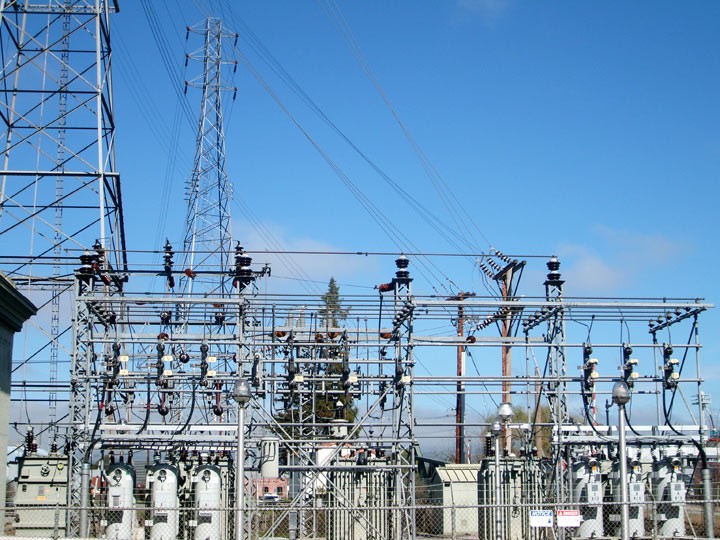The global economic slowdown has left some mature economies like Greece stricken and more on a par with emerging markets like Nigeria, mainly because of their Achilles Heel of over-leveraged government debts. At last count, Greece owes 242 billion euros to its creditors the IMF and European Central Bank, an amount that the IMF decided is unsustainable just after the country missed a 1.5 billion-euro repayment.
As a Eurozone member state, Greece’s economic performance has a direct impact on the value of the euro, which slumped to its lowest point in 2015 against the USD, while declining to 0.00462 from 0.00451 against the naira at the height of the Greek debt crisis in mid-July.
Why is this good news for Nigeria-EU trade? In the process of signing a trade agreement with West African countries, the EU has been steadily developing its relations with Nigeria, which is the largest economy in Africa. In the face of some difficulties in trade talks, business has picked up considerably between the two partners, and the EU is gaining market share in Nigeria, which imports millions of euros-worth of goods from the bloc. The EU sells machinery, chemicals, industrial goods and vehicles to Nigerian companies. A fall in the value of the euro means that European goods are more affordable than they used to be, so this could mean an increase in the level of goods ordered from the EU by Nigerian companies.
Nigeria exports mainly oil and other commodities like gold and diamonds to the EU, accounting for 80% of West African exports together with Ghana and the Ivory Coast, and this is where the bad news comes in. As the euro declines against the USD and the naira, Nigeria gains buying power, but loses some selling power because the EU may reduce the current level of purchases or imports from the West African country, which will have a knock-on effect on government tax revenues. A lower-valued euro means less buying power for the EU, which sees Nigeria as its top source of oil in West Africa, and the longer the Greek debt crisis drags on, the more damage it will do to the bloc’s exchange rate stability with its trading partners.
Advertisement
Emerging markets like Nigeria are coming into an era of opportunities and increased bargaining power in their relations with giant economies like the EU, which is the world’s second largest economic power. With each member state crisis, the euro loses value. There are also some serious underlying economic trends that are concerning, such as disinflation, slow GDP growth, and the challenge to the euro that is posed by vulnerable economies like Italy, or Spain and Portugal, which are only just emerging from their own crises.
Back to the good news, with lower oil prices around the globe, maintaining oil imports to the EU may not be such a difficult challenge as originally assumed. This is balanced out by future developments in the level of the USD against the euro, if the US economy continues growing and outpacing its developed rivals, the currency exchange challenge returns to the table.
My view is that Nigeria could see the Greek debt crisis as an opportunity to increase its bargaining power with the EU, both in terms of bilateral trade agreements and in terms of increasing its national exports to the bloc.
Advertisement
Ahmad is chief market analyst at FXTM
Add a comment







